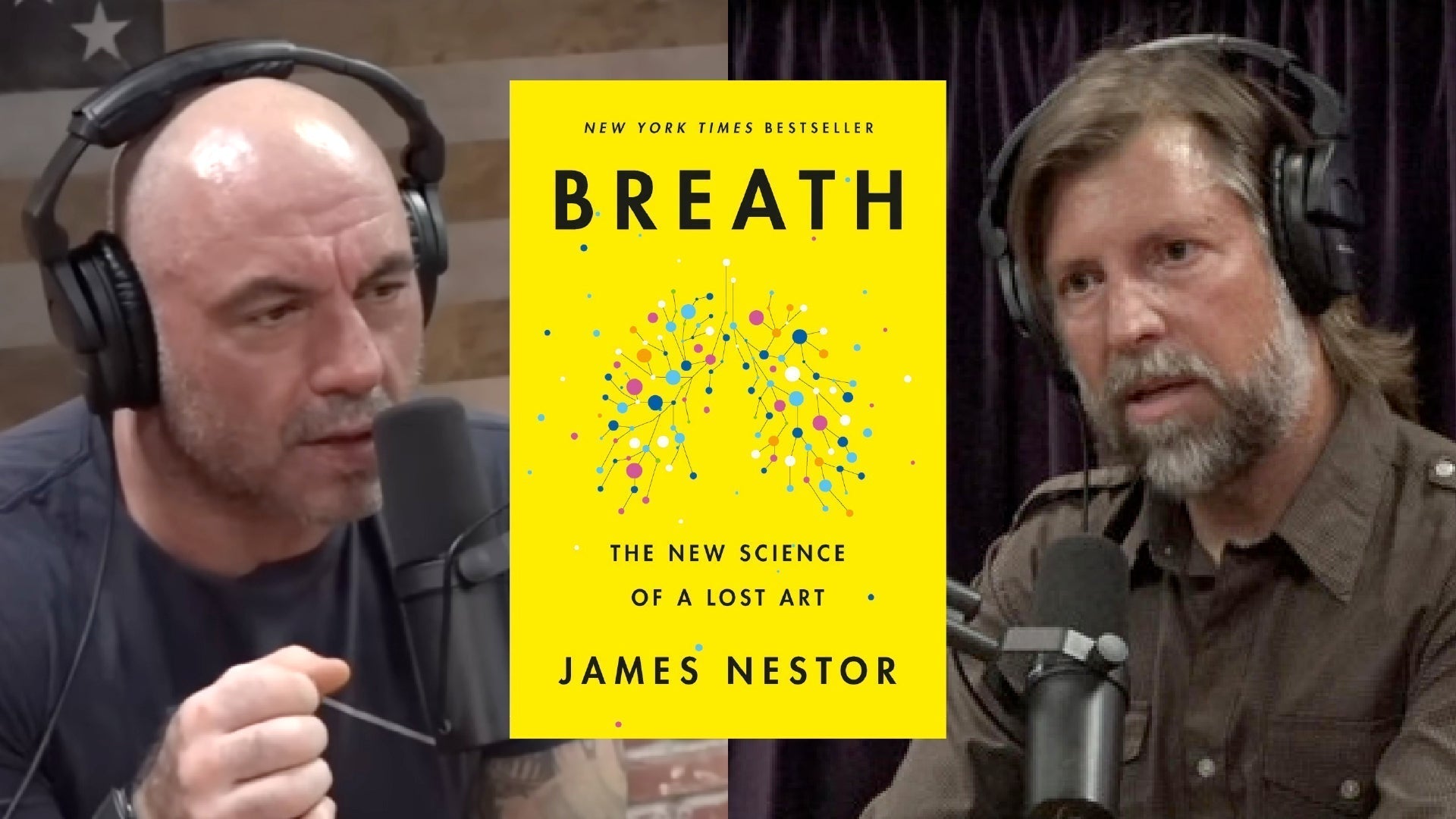When Breathing Turns Harmful
Most people never consider how they breathe, but habitual mouth breathing can silently undermine their oral health. This common habit can contribute to dental decay, dry mouth, gum disease, and even altered facial development in children. Let’s examine why nasal breathing matters and how to reclaim your smile
Why Mouth Breathing Happens, and Why It's a Problem
Mouth breathing often stems from nasal congestion, allergies, septal deviation, or enlarged tonsils. When your nose is blocked, you compensate by breathing through your mouth, which bypasses the filtration, warming, and humidifying functions of nasal breathing
Dental Problems Caused by Mouth Breathing

•Dry Mouth & Bad Breath: Mouth breathing dries saliva, the body's natural defense against bacteria, leading to halitosis and plaque buildup
•Tooth Decay & Cavities: Reduced saliva contributes to a more acidic oral environment, increasing risk of enamel erosion and decay
•Gum Inflammation & Recession: The airflow can dry and inflame gum tissue, especially around front teeth
•Misaligned Teeth & Facial Growth Issues: In children, chronic mouth breathing disrupts natural jaw development, often leading to malocclusion or “long face” syndrome
Snoring, Sleep Disruption & Oral Health

Mouth breathing is closely tied to snoring and obstructive sleep apnea. Open-mouth breathing narrows the airway, relaxes throat muscles, and can worsen sleep quality, affecting cognitive health and dental alignment over time.
How Intake Breathing Helps Combat Mouth Breathing
 Encouraging nasal airflow is the most effective way to reduce mouth breathing. Intake Breathing’s magnetic nasal strips gently lift and open nasal passages, making nose breathing more natural during sleep and daily routines.
Encouraging nasal airflow is the most effective way to reduce mouth breathing. Intake Breathing’s magnetic nasal strips gently lift and open nasal passages, making nose breathing more natural during sleep and daily routines.
Benefits:
- Improves nasal airflow instantly
- Keeps mouth closed during sleep (reducing dry mouth, snoring, and bad breath)
-
Strengthens oral and respiratory health without medicine
Practical Tips to Break Mouth Breathing

-
Practice nasal breathing daily through mindful exercises to improve your breathing habits.
- Humidify your bedroom to prevent nighttime dryness, which can trigger mouth breathing.
-
Address nasal obstructions with a healthcare provider, like allergies or a deviated septum.
- Use nasal strips at night to gently promote nasal breathing.
Protect Your Oral Health by Breathing Right
Mouth breathing might feel normal, but it can quietly damage your dental health and quality of life. The good news? Simple adjustments, such as encouraging nasal breathing with Intake Breathing strips, can prevent long-term harm and help you wake up feeling refreshed.
Breathe right. Smile brighter. Explore Intake Breathing today.




